
The good health in adulthood is paved with the decisions made during the teenage years. And as teen girls and boys continue to grow, there are daily nutrients and habits they’ll need to keep them happy and healthy.
“In the transition from childhood to the teen years, nutritional needs increase with the rapid physical growth that occurs during those years,” says Nicole Larson, “So there’s an increase in energy demands, but it’s also important to think about increases in nutrient demands.”
1. Calorie requirement:
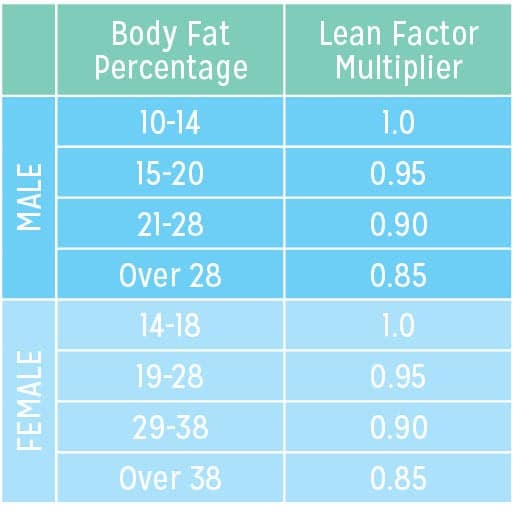
Different people need different amounts of calories to be active or stay a healthy weight. The number of calories you need depends on whether you are male or female, your genes, how old you are, your height and weight, whether you are still growing, and how active you are, which may not be the same every day.
2. Nutrients:
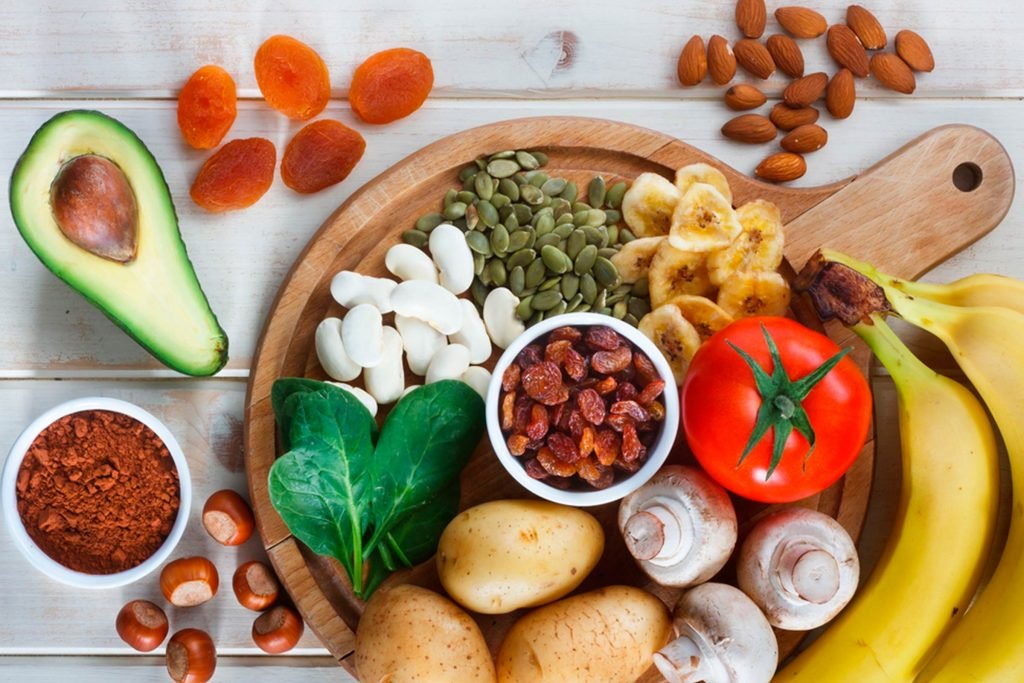
A variety of nutrients, such as iron, calcium, folic acid, and protein, which can be found in lean meats, whole grains, low-fat dairy foods, fruits, and vegetables, according to the U.S. Department of Agriculture.
3. Iron:

Iron is essential for teens, but especially for teen girls, as they’ll lose more of it after starting menstruation, Larson says. Good sources of iron include meat, fish, poultry, green leafy vegetables, nuts, and seeds.
4. Calcium and vitamin D:
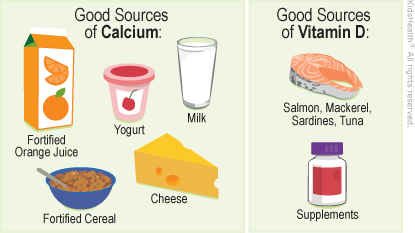
Another group of nutrients that’s important to be seeking out daily for bone health is calcium and vitamin D. “And good sources of these nutrients are low-fat milk, other dairy foods, and dark green vegetables, along with fortified foods like fortified juice and cereal.” 1,300 milligrams (mg) of calcium daily.
5. Fruits and vegetables:
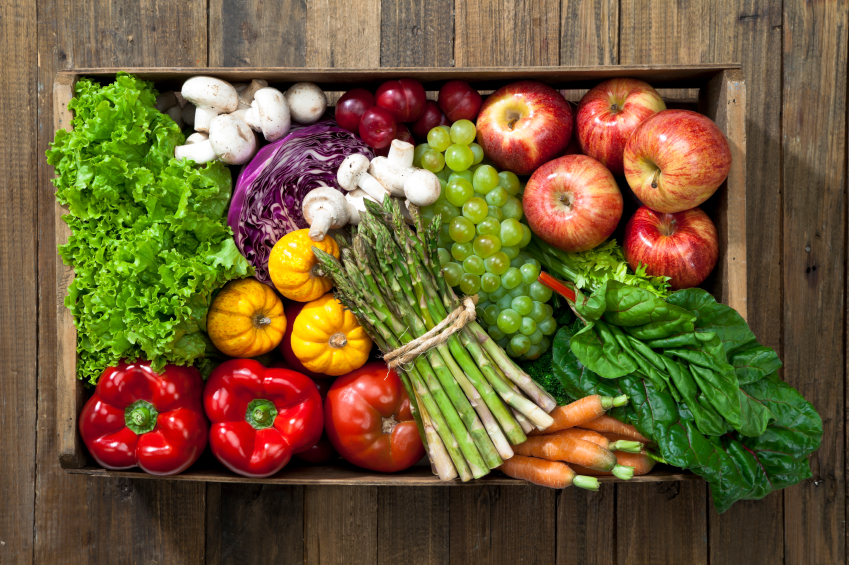
The teen should eat 2 cups of fruit and 2 ½ cups of vegetables every day (for a 2,000 calorie diet). Make half of your plate fruits and vegetables. Dark green, red, and orange vegetables have high levels of the nutrients you need, like vitamin C, calcium, and fiber. Adding tomato and spinach or any other available greens that you like to your sandwich is an easy way to get more veggies in your meal.
6. Grains:
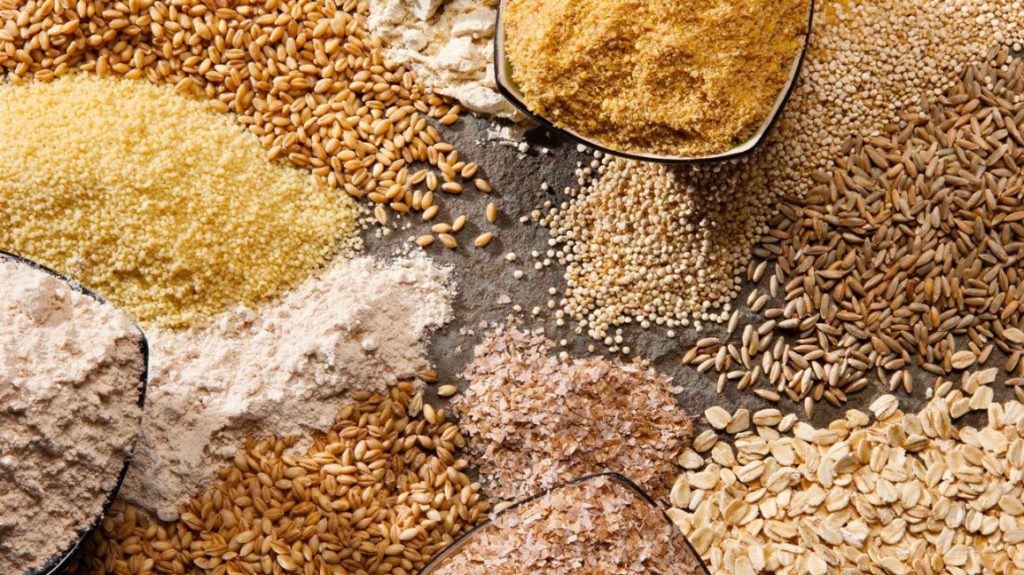
Choose whole grains like whole-wheat bread, brown rice, oatmeal, and wholegrain cereal, instead of refined cereals, white bread, and white rice. Teens should get 6 ounces of grains every day.
7. Protein:
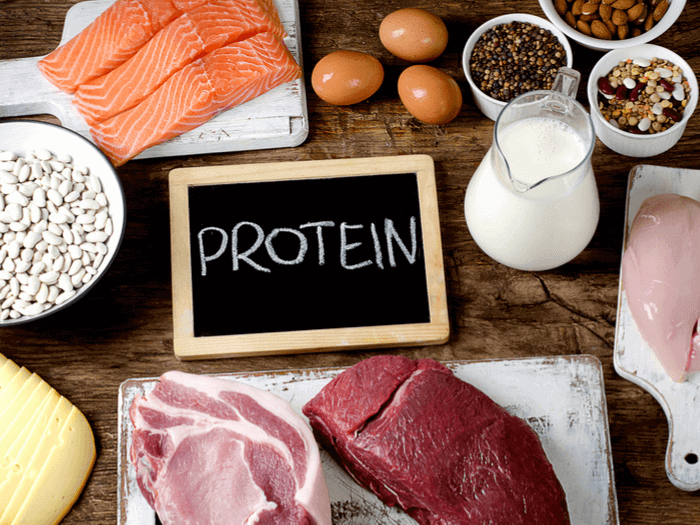
Power up with low fat or lean meats like turkey or chicken, and other foods, such as seafood, egg whites, beans, nuts, and tofu. The teen should eat 5½ ounces of protein-rich foods every day.
8. Dairy:

Build strong bones with fat-free or low-fat milk products. If you can’t digest lactose the sugar in milk that can cause stomach pain or gas choose lactose-free milk or soymilk with added calcium. Fat-free or low-fat yogurt is also a good source of dairy food.
9. Fat:
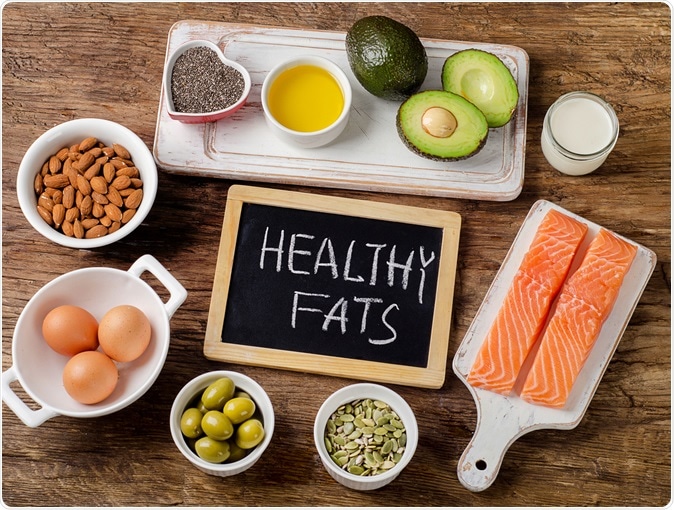
Fat is an important part of your diet. Fat helps for body grow and develop and may even keep your skin and hair healthy. But fats have more calories per gram than protein or carbs, and some are not healthy. Teens should limit their fat intake to 25 to 35 percent of their total calories every day.
Some fats, such as oils that come from plants and are liquid at room temperature, are better for you than other fats. Foods that contain healthy oils include avocados, olives, nuts, seeds, and seafood such as salmon and tuna fish. Solid fats such as butter, stick margarine, and lard, are solid at room temperature. These fats often contain saturated and trans fats, which are not healthy for you. Other foods with saturated fats include fatty meats, and cheese and other dairy products made from whole milk. Take it easy on foods like fried chicken, cheeseburgers, and fries, which often have a lot of saturated and trans fats. Options to consider include a turkey sandwich with mustard or a lean-meat, turkey, or veggie burger.
10. Potassium:
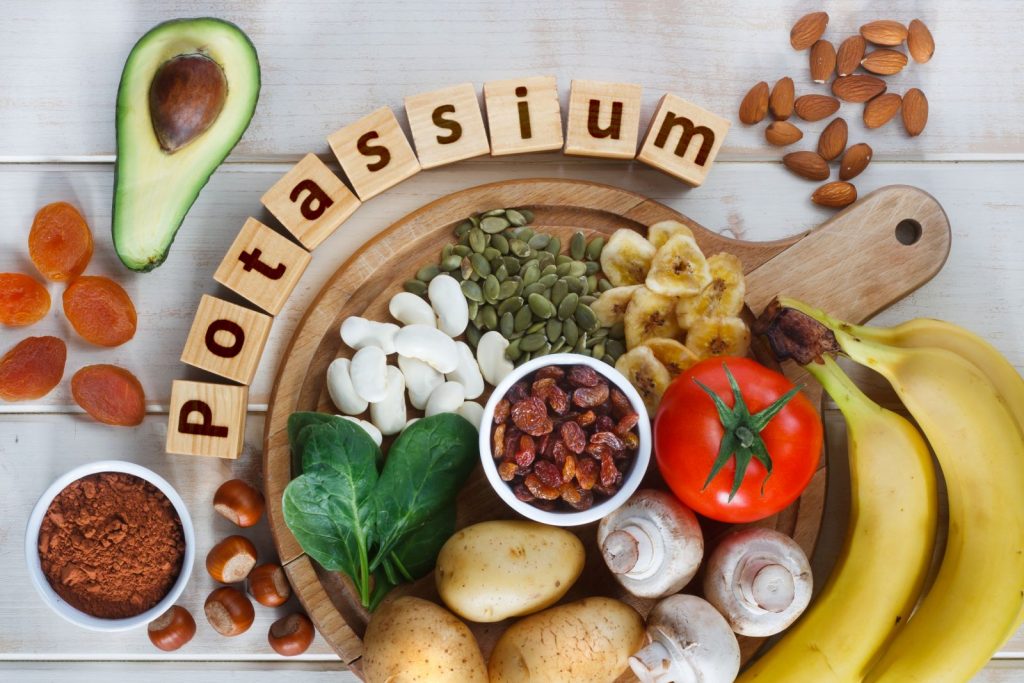
Potassium to help lower blood pressure. Try a banana, or baked potato with the skin, for a potassium boost.
11. Fiber:
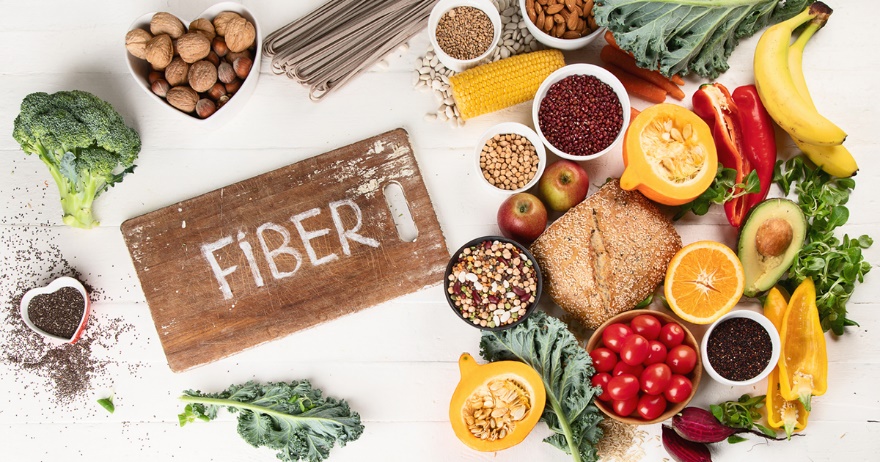
To help you stay regular and feel full. Good sources of fiber include beans and celery.
Recommendations:

Don’t skip: Skipping meals might seem like an easy way to lose weight, but it led to weight gain if you eat more later to make up for it. Even if you’re really with school and activities, it’s important to try not to skip meals. Follow these tips to keep your body charged up all day and to stay healthy:
Eat breakfast every day. Breakfast helps your body get going. If you’re short on time in the morning, grab something to go, like an apple or banana.
Pack your lunch on school days. Packing your lunch may help you control your food and beverage portions and increases the chances that you will eat it because you made it.
Eat dinner with your family. When you eat home-cooked meals with your family, you are more likely to consume healthy foods. Having meals together also gives you a chance to reconnect with each other and share news about your day.
Get involved in grocery shopping and meal planning at home. Going food shopping and planning and preparing meals with family members or friends can be fun. Not only can you choose a favorite grocery store, and healthy foods and recipes, you also have a chance to help others in your family eat healthy too.
12. Physical activity:

Physical activity should be part of your daily life, whether you play sports, take physical education (PE) classes in school, do chores, or get around by biking or walking. Regular physical activity can help you manage your weight, have stronger muscles and bones, and be more flexible. Aerobic versus Lifestyle Activities. You should be physically active for at least 60 minutes a day.
13. Get Enough Sleep:

Sometimes it’s hard to get enough sleep, especially if you have a job, help take care of younger brothers or sisters, or are busy with other activities after school. Like healthy eating and getting enough physical activity, getting enough sleep is important for staying healthy. You need enough sleep to do well in school, work and drive safely, and fight off infection. Not getting enough sleep may make you moody and irritable. While more research is needed, some studies have shown that not getting enough sleep may also contribute to weight gain. If you’re between 13 and 18 years old, you should get 8 to 10 hours of sleep each night.
Sobia Israr
Sobia Israr is working as a writer at "Girlish Corner", or a student of computer science.